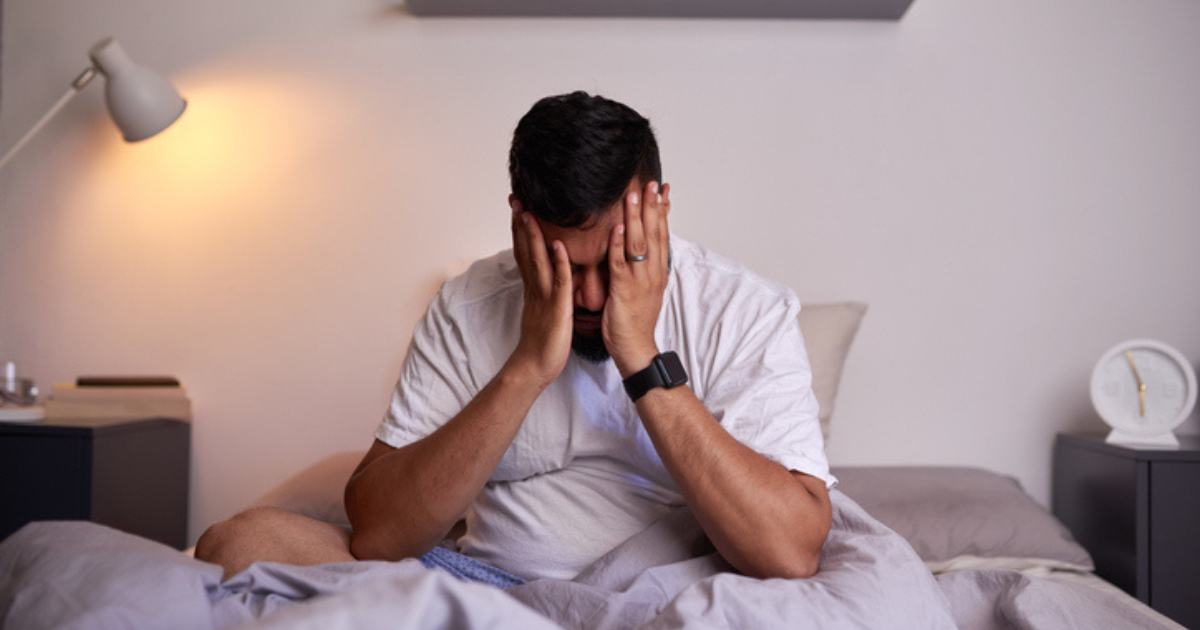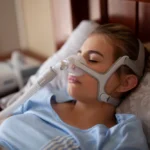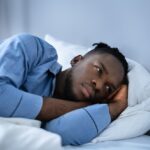After a good night’s sleep, the world can feel brighter, your mind sharper, and your mood a little better. But those nights that you are tossing and turning and waking up tired, can make everyday stresses overwhelming, small problems harder to handle, and concentration can go right out the door. Sleep doesn’t just help your body relax, it is pivotal for mental and emotional regulation.
When you don’t get enough restful sleep, it’s natural to feel more anxious, down, or overwhelmed. You’re not alone. Many people find their mood and mental health are closely tied to how well they sleep. Sleeping problems can contribute to the onset of mental health issues and make the symptoms worse. The relationship between sleep and mental health is indeed quite powerful.
There can be many reasons that you may not be experiencing optimal sleep. One sleep disorder that affects over 1 billion people around the world is obstructive sleep apnea (OSA).5 OSA can have an extreme impact on both your sleep quality, mental health, and physical health if left untreated.
Understanding Obstructive Sleep Apnea (OSA)
OSA occurs when your breathing is interrupted during sleep, often because the airway becomes temporarily blocked. This can cause a conscious or subconscious awakening that disrupts your sleep cycles.
Common symptoms of sleep apnea include 5:
- Loud snoring
- Daytime fatigue
- Night sweats
- Headaches
- Mood changes
The Link Between OSA and Mood Disorders
“Snoring, gasping, or stopping breathing while sleeping was associated with nearly all depression symptoms, including feeling hopeless and feeling like a failure.”
-Anne G. Wheaton, PhD, Lead author in the study CDC study forges link between depression and sleep apnea
There is a bidirectional relationship between OSA and mood disorders. For example, symptoms such as daytime fatigue, poor cognitive function, and decreased libido may initially be diagnosed as a depressive disorder but could be undiagnosed sleep apnea.2
Who is Most at Risk for OSA and Mental Health Challenges?
- People with severe OSA
- Severe OSA is when your apnea-hypopnea index (AHI) is greater than 30. This means you have 30 or more episodes of disrupted breathing per hour 6
- Women
- Often misdiagnosed or undiagnosed, women can go years without proper treatment.3 Learn more about women and sleep apnea
- Veterans
- More than 69% of veterans with PTSD also have sleep apnea. Sleep disruptions can worsen nightmares, flashbacks, and cause emotional dysregulation.3
- Obesity
- One of the strongest risk factors for OSA is obesity. Weight gain can also worsen both anxiety and depression. 3 Yet, if someone is prescribed psychiatric medication for their anxiety and/or depression, one side effect could be weight gain. This can cause a vicious cycle of worsening OSA symptoms leading to more weight gain.2
Impact on Daily Life
The complex relationship between sleep and mood disorders can be something to explore. If you’ve noticed changes in your mood or energy, it’s worth considering whether sleep apnea could be playing a role. Addressing sleep apnea can help to make other mental health treatments more effective and get you back to living your most optimal life.
Next Steps
If you’re wondering whether sleep apnea could be affecting you, getting tested is a first step toward feeling better. At Ognomy Sleep, we’re revolutionizing how sleep apnea is managed by offering streamlined, at-home care powered by technology—helping you connect with specialists quickly and experience meaningful results in a matter of weeks. If you think you are suffering from undiagnosed sleep apnea, find out if Ognomy Sleep is the right fit for you. We’re here to support you on your journey to better sleep and improved well-being. If you’re ready to take the next step, scheduling a telehealth appointment is easy—and we’ll work with you to find the treatment that fits your unique needs.
- https://aasm.org/cdc-study-forges-link-between-depression-and-sleep-apnea/
- https://psychiatryonline.org/doi/10.1176/appi.ajp-rj.2018.130502
- https://sleeplessinarizona.com/can-sleep-apnea-make-anxiety-and-depression-worse/
- https://www.psychologytoday.com/us/blog/balanced/202412/the-sleeping-giant-how-sleep-apnea-hurts-mental-health
- https://my.clevelandclinic.org/health/diseases/8718-sleep-apnea
- https://www.hopkinsmedicine.org/health/conditions-and-diseases/obstructive-sleep-apnea













